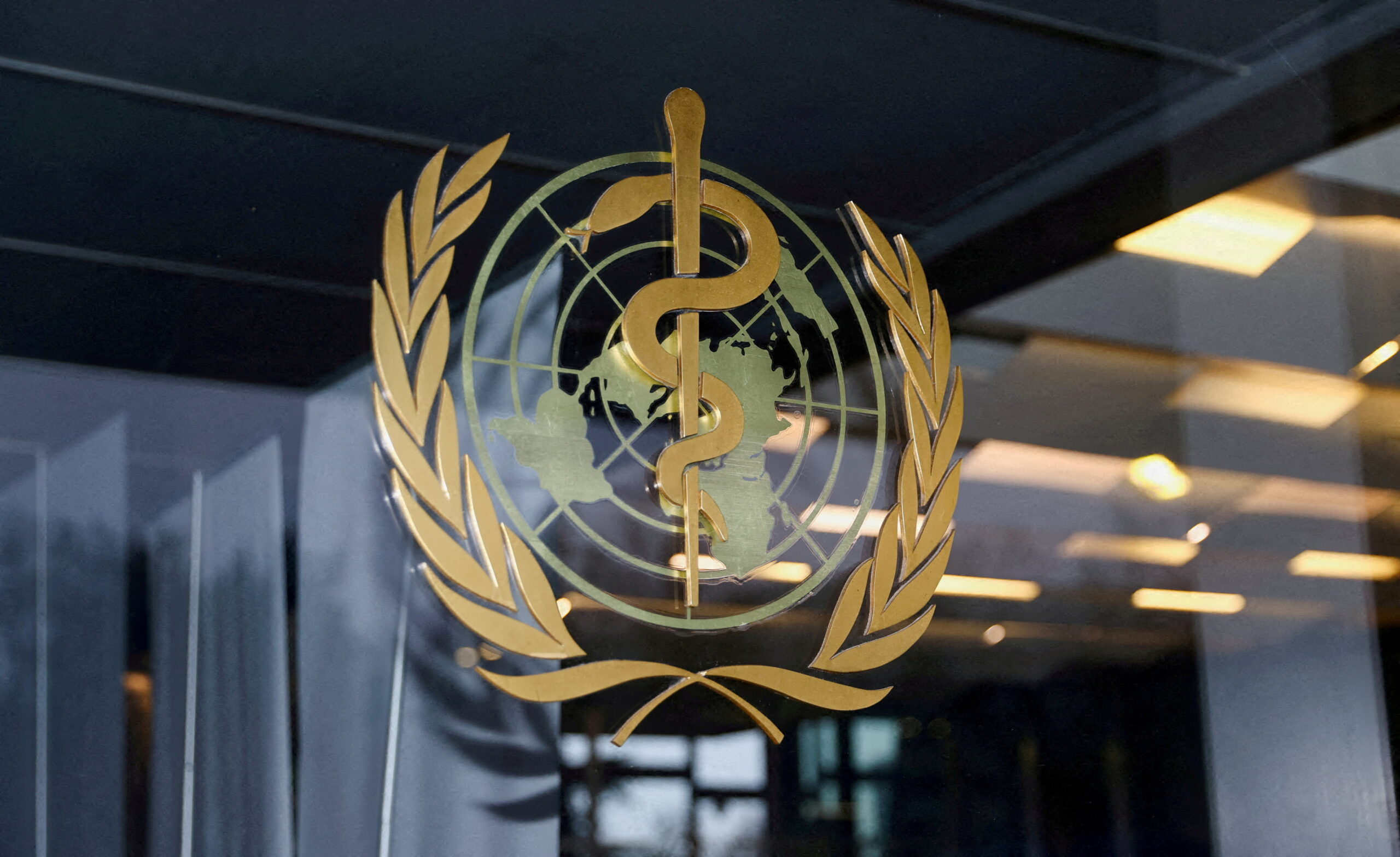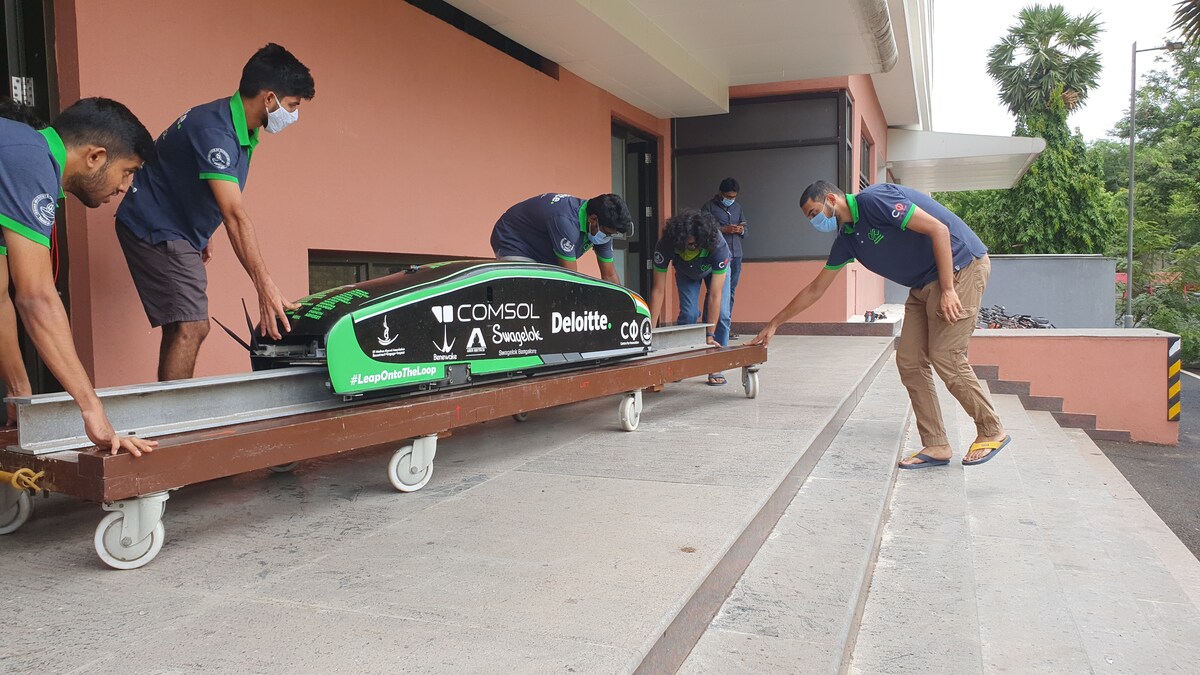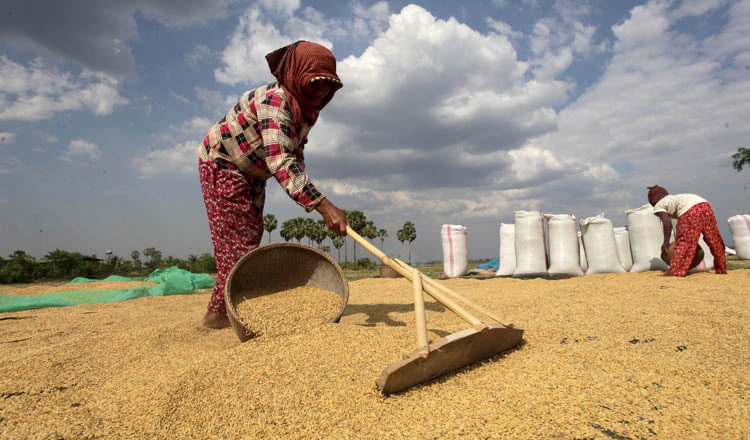
India must exercise caution as the new Coronavirus strain spreads because Covid suitable behavior has fallen by the wayside and immunity is eroding, according to an expert.
The new Coronavirus variation EG.5.1, commonly known as Eris, which has been contributing to the spike in Coronavirus cases in the UK has also been somewhat increasing the number of Coronavirus cases in Maharashtra. The novel Omicron variety was discovered for the first time in May, although it had no appreciable effects in the months of June and July.
Covid instances, however, have grown from 70 at the end of July to 115 on August 6, according to data from the state health department. While there is no reason to worry, it is critical to keep a close eye on the new Covid strain Eris, which has boosted hospitalization instances among older people in the UK.
It’s crucial to get booster injections to fight the virus because the spike in Corona cases may be brought on by decreasing protection from prior infections or vaccines.

“Various aspects, including as the new Covid-19 strains’ transmissibility, severity, and the success of therapies and vaccinations to combat them, influence how worried people should be about them. There is always a chance that new strains of viruses will appear because viruses can mutate over time. One such strain that WHO is closely watching is the most recent strain, EG5.1, commonly known as Eris.
India needs to exercise caution because vaccine immunity is likely dwindling and Covid proper behavior has fallen by the wayside. As a result, it might be disastrous if you’re caught off guard, says Dr. Ravi Shekhar Jha, Director & HOD-Pulmonology, Fortis Escorts Hospital, Faridabad.
“The new strain was first discovered in the United Kingdom, and only a small number of Mumbai cases have since been recorded. According to Dr. Kuldeep Kumar Grover, Head of Critical Care & Pulmonology at CK Birla Hospital in Gurgaon, “This strain may not be of much concern for India because the positivity rate or any upsurge in cases have not yet been reported.”

The symptoms are the same as in previous variants—cough, cold, fever, sore throat, pressure in the chest—but in immunocompromised persons and some sensitive people, it can result in catastrophic ARDS. Additionally, compared to earlier versions, it seems to be more communicable, says Dr. Jha.
Because this is a new co-variant of the Omicron strain, infected individuals may occasionally experience minor Covid symptoms, but this may not be seriously harmful. As we are all aware, the Covid strain spreads quickly and is characterized by greater infectiousness and decreased visibility.
The illness transmission rate may be limited, with nearly no hospitalization, however, because almost every person has received two vaccinations and has gained hybrid immunity, claims Dr. Grover.
“We need to keep a tight eye on things and practice good hygiene, such as washing our hands and wearing masks in public areas, which also significantly lowers the danger of contracting other viral and bacterial diseases. The incidences in Maharashtra are not particularly alarming, but since it is flu season and a season of fever from other reasons as well, such as malaria, typhoid, and Dengue, cases may be missed since we are not testing for Covid frequently enough. If there is a rapid increase in fever cases for which there is no known reason, we must exercise caution, warns Dr. Jha.
Dr. Grover lists the following as the top three things to guarantee: a healthy, balanced diet, a hygienic lifestyle, routine immunization (if necessary or flu injections), and again, adhering to the Covid suitable behavior – wearing a mask, avoiding crowded places, and thorough sanitization.
Even though there haven’t been many more cases due to the strain, according to Dr. Grover, “the public needs to be vigilant on their part and follow the safety precautions, even though this strain does not seem to be that much contagious.”
STAY SAFE STAY HEALTHY!





























































































































































































































































































































































































































































































































































































































































































































































































